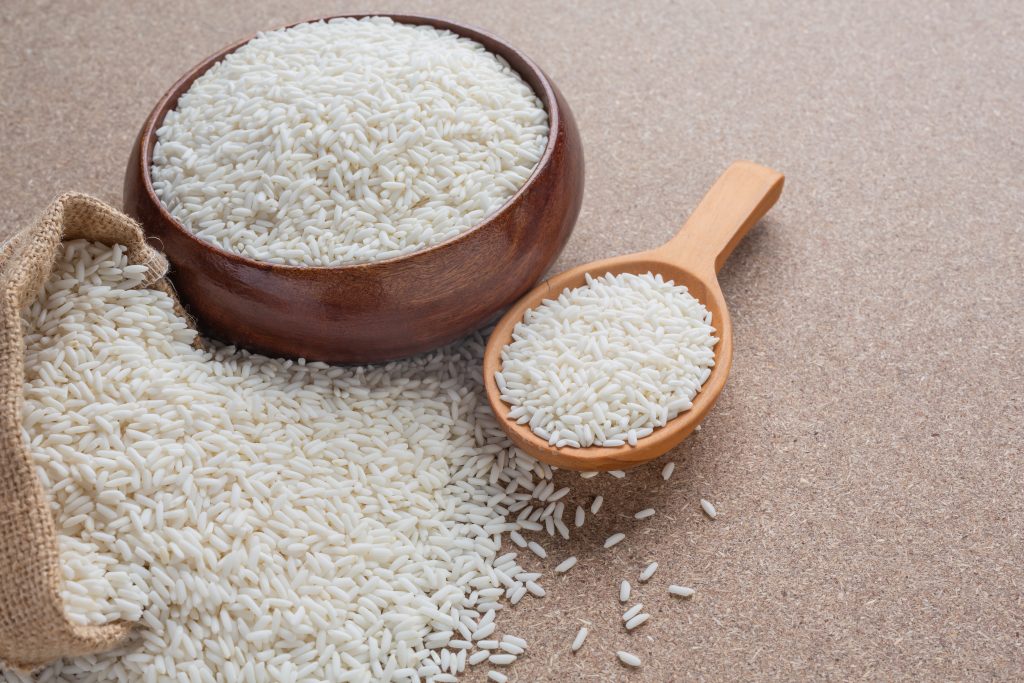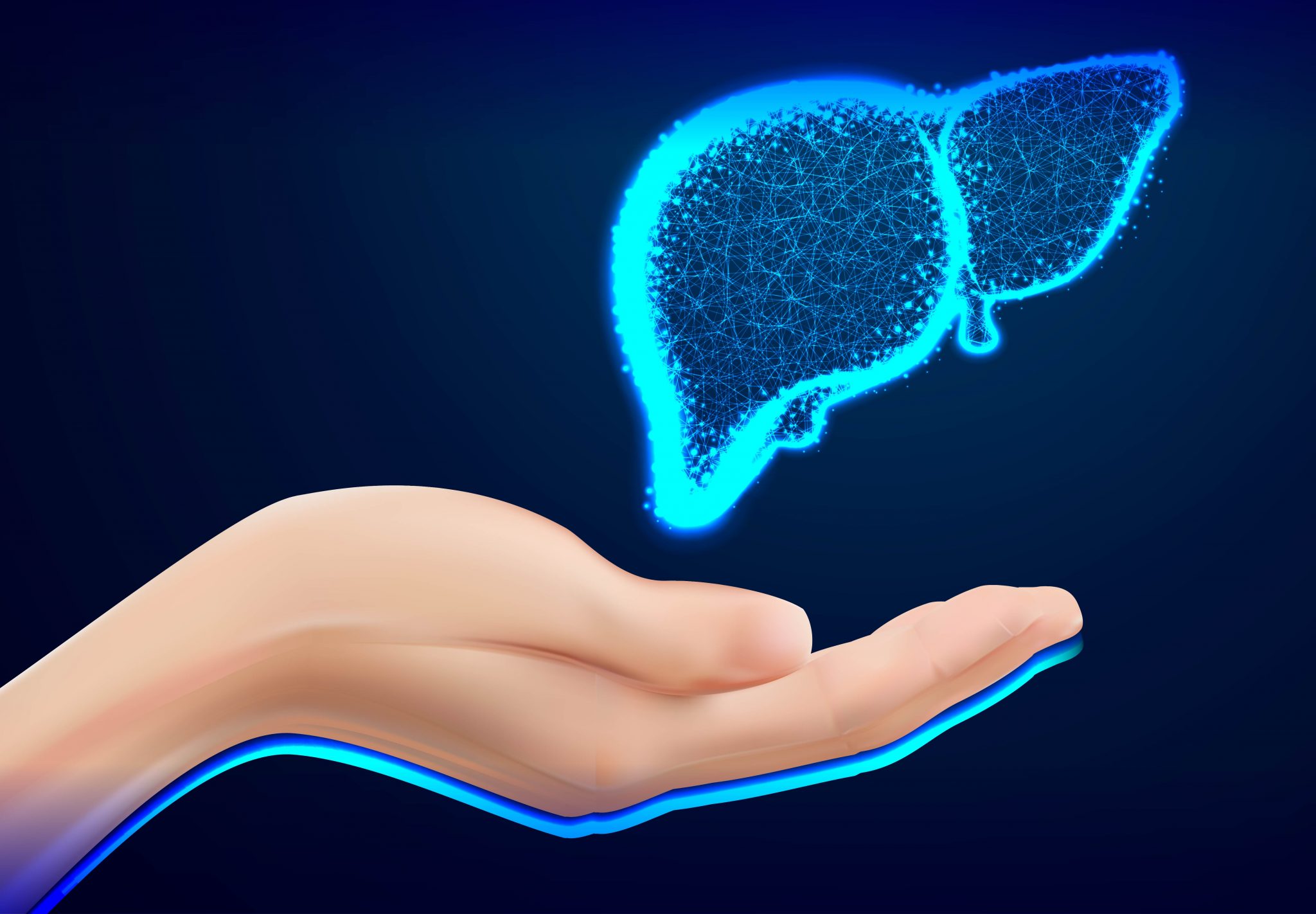What do you think of when the word “sugar” comes across your mind? Is sugar really the chief culprit of diabetes, coronary artery disease (CAD) and other chronic illnesses?
READ: Challenges of COVID-19 For People With Diabetes
We often hear such words: “Stop drinking carbonated drinks!” or “Stop eating sugary snacks!”. The reason is that it is believed that sugar can lead to weight gain and develop into chronic health complications. But is that really true?
However, there are many different kinds of sugar in the market – have you ever wondered how they are different and what are their different functions? In this article, let’s dig deep and learn more about the advantages and disadvantages of sugar!
What Is It?
Sugar is a simple carbohydrate that the body converts into glucose and uses for energy. There are 3 building blocks that make up all forms of carbohydrates. These 3 simple sugars are known as glucose, fructose and galactose.
The Different Types
Natural sugars
These can be found naturally in whole food, such as fructose from fruits and lactose from dairy products. They are also available in carbohydrate-rich food such as bread, pasta and rice.
Added sugars
These refer to any sugar or caloric sweeteners, which is usually added to foods or drinks during processing or preparation[1]. Added sugars can include natural sugars such as white sugar, brown sugar and honey, as well as other caloric sweeteners that are chemically made, such as high fructose corn syrup (HFCS)[1].
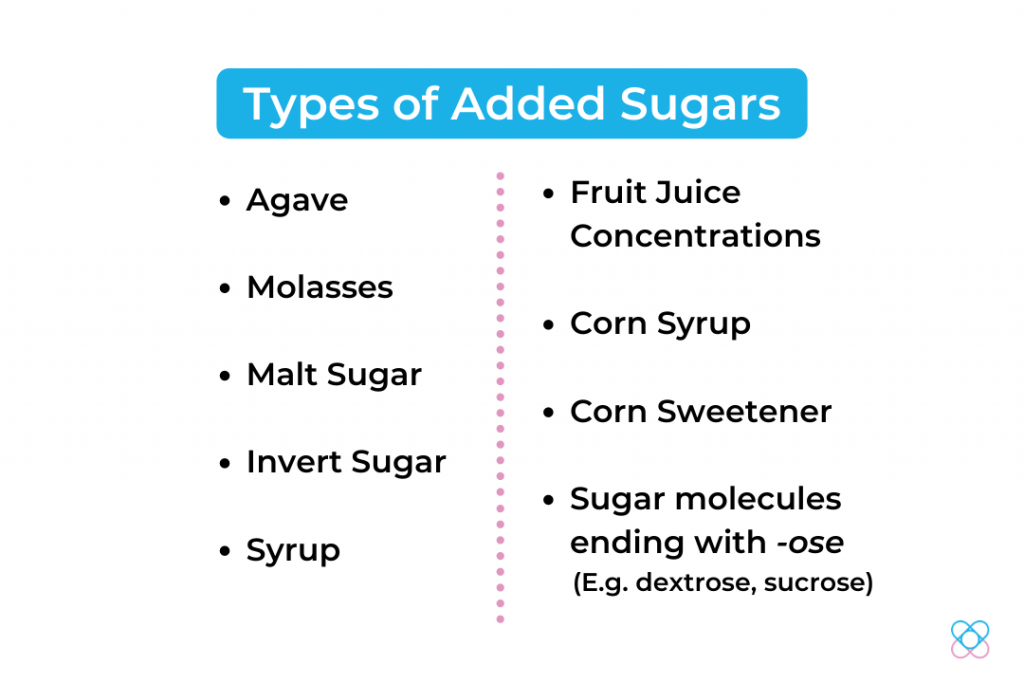
The major sources of added sugars would be carbonated drinks, sweets, cookies, ice-creams and sweetened yoghurts.
How About Sugar Alcohol?
Also known as polyols, they are often used as a food substitute for sugar in some food, especially to replace sucrose in the function of sweetening food and beverages[2]. They are usually labelled as “sugar-free” or “no added sugar.”
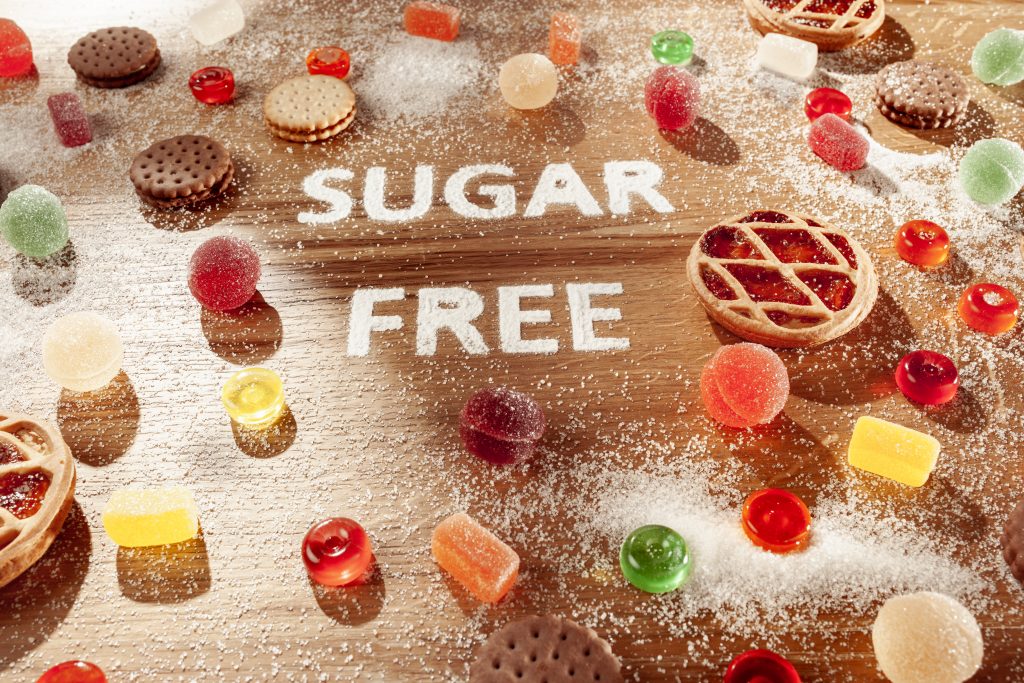
The word “sugar-alcohols” is somewhat misleading. In fact, it does not contain any kind of sugar or alcohol! Its name is derived from its chemical structure, which is partly similar to sugar and partly similar to alcohol.
Forms of sugar alcohols
Below is a list of regularly used sugar alcohols which you can commonly find in the ingredient lists of food or beverage products[2]:
- Sorbitol
- Mannitol
- Maltitol
- Xylitol
- Erythritol
- Xylitol
- Lactitol
Uses
Sugar alcohols are also manufactured for the usage of pharmaceutical and food products[2]. They can be found in products such as ice-cream, jellies, baked goods, toothpaste, cough syrups and mouthwashes[2].
Possible health benefits and risks
Unlike sugar, sugar alcohols have lower calories. They are converted to glucose more slowly and require little or no insulin for metabolism[2]. Therefore, the influence on blood glucose levels is small because they do not cause a sudden spike. Because of these health benefits, sugar alcohols have become popular sweeteners and are often used by diabetic patients and low-carbohydrate dieters[2].
On the other hand, when excessive sugar alcohol is consumed, the most common side effects would be diarrhoea and bloating.

The American Diabetes Association (ADA) claims that sugar alcohols can be taken in moderation. However, it is advised that diabetic patients should not consume too much of it, as their blood sugar levels can be affected. Hence, sugar alcohols products should be consumed appropriately and wisely.
Natural or Added Sugars?
Typically, natural sugars are a better option. They usually take longer to digest and help to stabilise blood sugar levels and prevent you from feeling hungry shortly after eating[2]. Most importantly, the original forms of food also contain nutrients such as vitamins and minerals[1].
On the other hand, besides calories, added sugars usually do not provide any nutrients. Its purpose is simply to enhance flavour and extend the shelf life of the food and beverages products[1].
Downside Of Having Too Much Sugar
Excess sugar consumption can lead to a higher risk of developing tooth decay, overweight and obesity. It can also contribute to non-communicable diseases such as types 2 diabetes, cardiovascular diseases and certain types of cancers[3].
A study published in 2014 in the JAMA Internal Medicine has found that there was an association between a high sugar-diet and a greater risk of dying from heart disease. Over the 15 years of study, the results showed that people who consumed 17% to 21% calories from added sugars have a higher risk of dying from cardiovascular disease than those who consumed fewer calories from added sugars[6].
How Much Sugar Is Just Right?
According to the World Health Organization (WHO), it is recommended to consume up to 5 to 10 teaspoons of sugar daily, which is about 50g for a 2,000 calorie diet of the average adult[5].
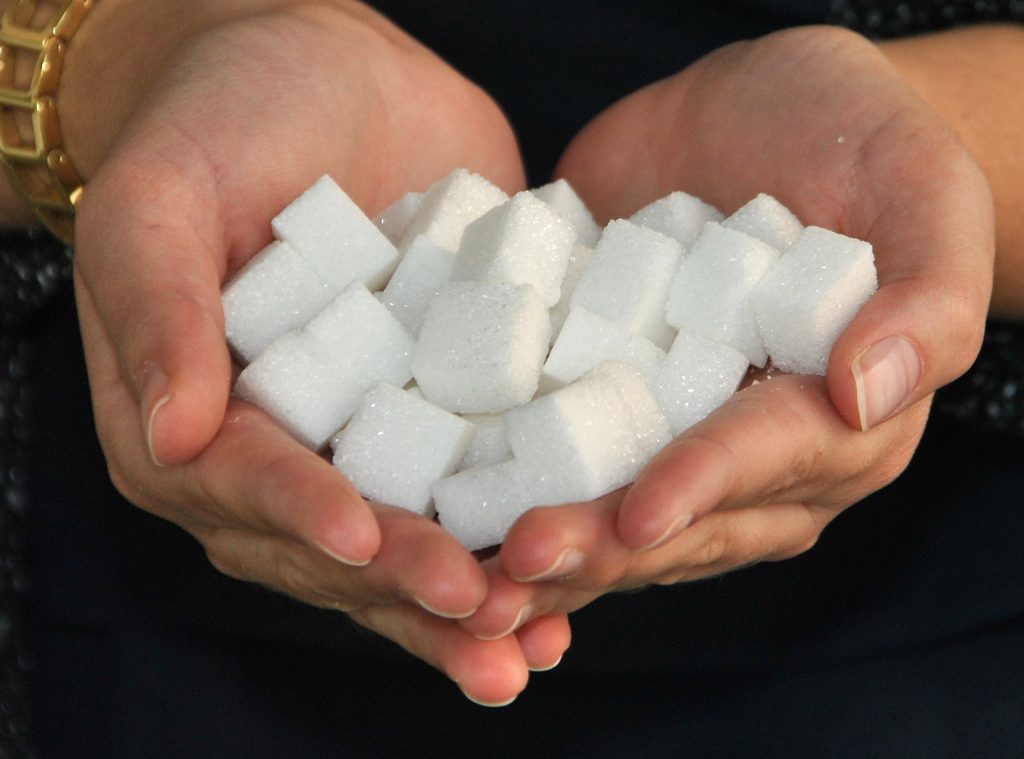
Tips For Cutting Down On Sugar
Starting a new habit is not easy, especially if you want to build and become accustomed to a new healthy lifestyle is never easy. In order to establish a healthy lifestyle, you need to take action and change. Here are some suggestions for reducing sugar intake:
Go for original
It is best to choose “original” food such as fruits because they can provide more nutrients and natural sugar that your body needs[1,4]. When choosing deep-processed products (e.g. canned fruits), a large amount of sugar and other preservatives are often added, which makes choosing processed products a not-so-wise choice.
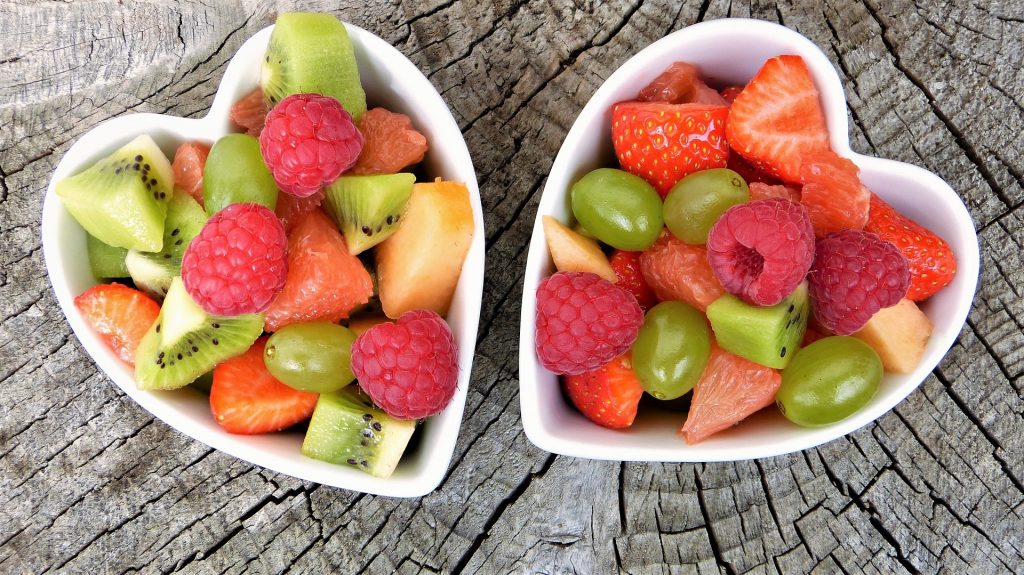
Opt for healthier snacks
When buying snacks, try to choose products with low sugar content[1,4]. If you fail to find one, you should buy them in small packaging. Instead of buying junk food which is high in calories and sugar (e.g. chocolate or caramel waffle biscuits), you can opt for snacks that provide nutrients and are lower in sugar, such as oat biscuits and oatcakes.
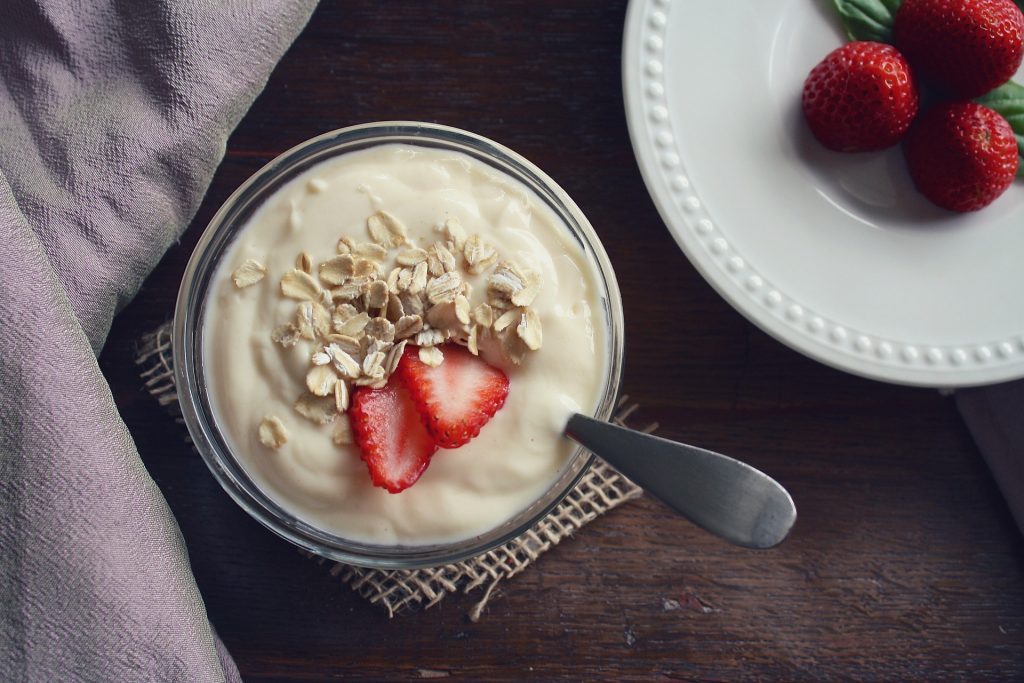
Reading food labels
Reading food labels is by far the most effective way to identify different types of added sugar and monitor your daily intake[1,4]. When buying groceries, check the food labels and choose the products with the lowest amount of added sugars. This can help you to avoid taking too much sugar every day.
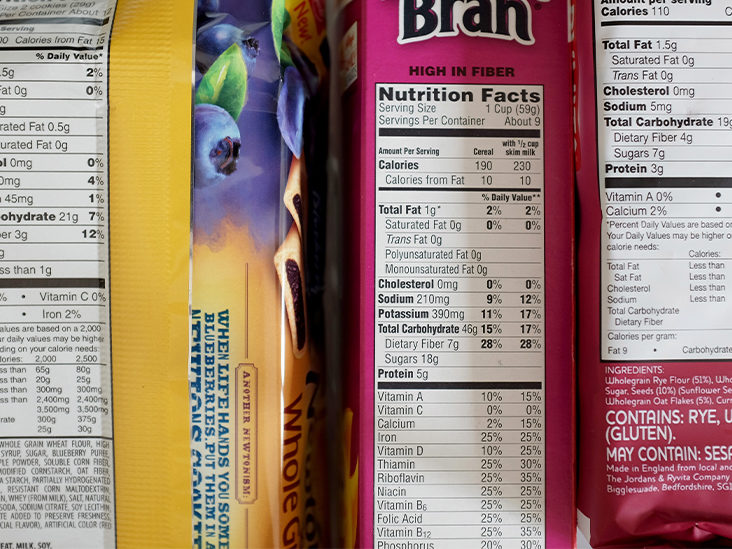
Go for sugar-free
Water is the best, but if you suddenly crave something sweet (e.g. carbonated drinks or bubble tea), go for the “sugar-free” version[1,4]. This can help you make a gradual transition from sweetened drinks. However, you will still need to practice and control your daily intake.

Bottom Line
Sugar, in its core, is not bad for you. We shouldn’t be blaming it for being the cause of various diseases. In fact, it is our responsibility to learn how to pay attention to nutritional labels when we are buying food or beverages products. It takes a lot of time and patience to set up this new habit, so do take time to learn and practice!
—
Worried if you are at risk of getting type 2 diabetes? Find out more about your health risk in type 2 diabetes with DNA Explorer today!
References
1.American Heart Association. (2020). Sugar 101. Retrieved 19 November 2020, from https://www.heart.org/en/healthy-living/healthy-eating/eat-smart/sugar/sugar-101
2.Diabetes.Co.Uk. (2019). Sugar Alcohols. Retrieved 19 November 2020, from https://www.diabetes.co.uk/sweeteners/sugar-alcohols.html
3.Harvard Publishing. (2019). The sweet danger of sugar – Harvard Health. Retrieved 19 November 2020, from https://www.health.harvard.edu/heart-health/the-sweet-danger-of-sugar
4.Harvard Publishing. (2020). Cutting back on added sugar – Harvard Health. Retrieved 19 November 2020, from https://www.health.harvard.edu/nutrition/cutting-back-on-added-sugar
5.World Health Organization. (2015). WHO Guideline : Sugar consumption recommendation. Retrieved 19 November 2020, from https://www.who.int/news/item/04-03-2015-who-calls-on-countries-to-reduce-sugars-intake-among-adults-and-children
6.Yang, Q., Zhang, Z., Gregg, E., Flanders, W., Merritt, R., & Hu, F. (2014). Added Sugar Intake and Cardiovascular Diseases Mortality Among US Adults. JAMA Internal Medicine, 174(4), 516. doi: 10.1001/jamainternmed.2014.13563


